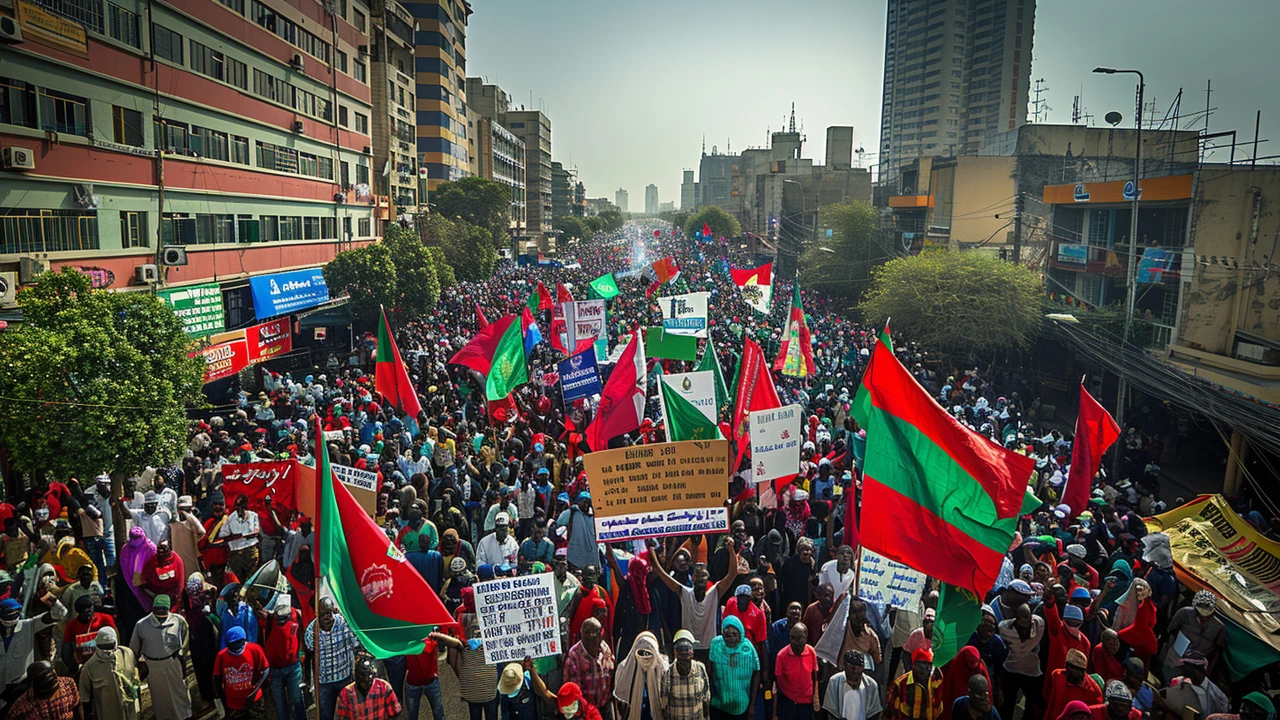Electricity Tariff Hike: What It Means for You
If you’ve noticed your electricity bill creeping up lately, you’re not imagining things. South Africa is facing an electricity tariff hike that’s sparking a lot of conversations and concerns around the country. It impacts everyday households and businesses alike, so let’s break down what’s going on and how it might affect you.
First off, an electricity tariff hike simply means that the rates you pay per unit of electricity are going up. This can feel like a punch to your wallet, especially if you’ve been budgeting tightly. The government and utility companies usually adjust tariffs to cover rising costs like maintenance, fuel, or infrastructure upgrades. But that doesn’t make it feel any easier when your monthly bill jumps.
Why Are Electricity Tariffs Increasing?
The main driver behind the hike is the increasing cost of generating and distributing electricity, especially with South Africa’s heavy reliance on coal and aging infrastructure. Power outages and load shedding have also added pressure on the system. The national utility needs more funds for repairs and to invest in cleaner energy sources. That means the cost has to come from somewhere, and right now, it’s coming from consumers.
It’s understandable to be frustrated, but some experts argue that gradual increases are necessary to keep the lights on and improve service in the long run. The challenge? Making these hikes manageable so families and small businesses aren’t crushed by high electricity costs. There’s talk of government assistance and support programs, but details can be patchy and slow to roll out.
How Can You Manage Your Electricity Costs?
Feeling stuck? Don’t worry, there are practical steps to reduce the impact of higher tariffs. Simple things like turning off unused appliances, switching to energy-efficient bulbs, or timing your heavy electricity use outside peak hours can cut your bill down. Some folks are even investing in solar panels or backup batteries to take the pressure off the grid and their wallets.
Also, check if your utility provider offers any plans that suit your usage better. Sometimes changing your tariff plan or signing up for pre-paid electricity gives you more control and transparency on what you spend. Knowing your consumption habits can lead to smarter choices and less surprise in your monthly bill.
Keep an eye on news from Cape Sun News for updates on tariff changes and tips to stay ahead. Electricity isn’t just a commodity; it’s a necessity. Understanding the hike and knowing what you can do about it puts power back in your hands—where it belongs.
Nigeria Labour Unions Launch Indefinite Strike Over Wage Dispute and Electricity Hike
The Nigeria Labour Congress and the Trade Union Congress have initiated an indefinite strike on June 3rd to protest the government's refusal to increase the minimum wage and reverse the electricity tariff hike. Both unions have united in their demand for a N615,500 minimum wage, citing the high cost of living and inaction on the part of the government.

